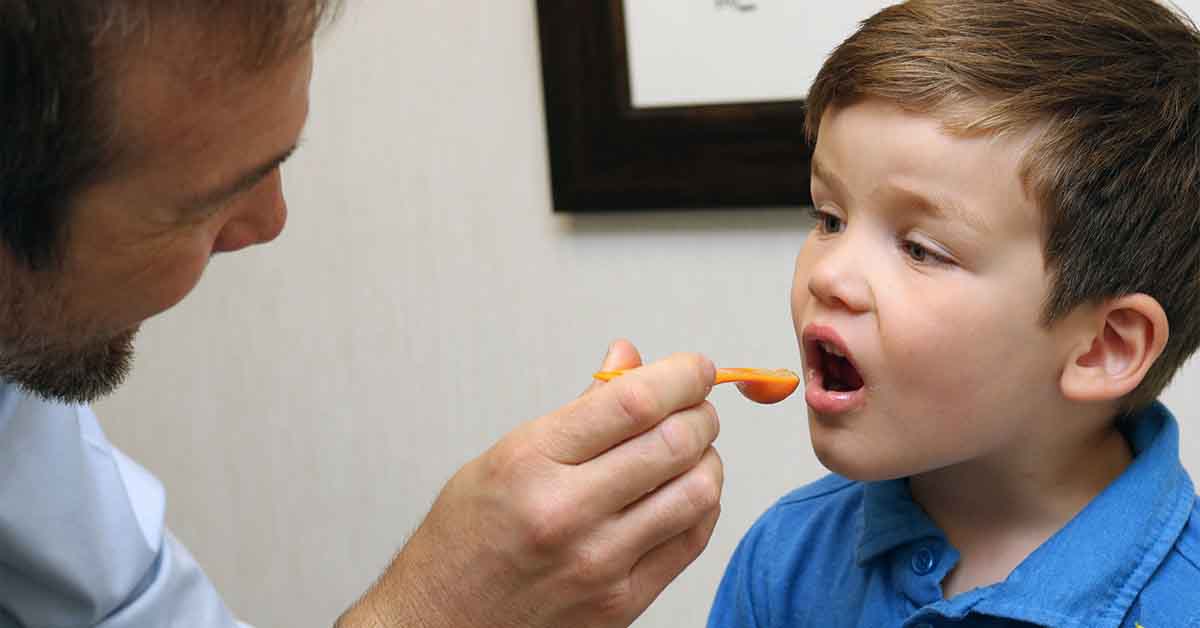Researchers conducted a study to determine whether treating patients with antihistamines while undergoing peanut oral immunotherapy (OIT) would help diminish adverse reactions that sometimes occur during the treatment. Their findings were recently published in The Journal of Allergy and Clinical Immunology: In Practice.
43 patients with peanut allergy — mean age 7.6 years, 33% female — were randomized to three groups: those receiving OIT with H1 and H2 antihistamines, those receiving OIT and a placebo, and those receiving a double placebo. The primary outcome they were looking for was a reduction in the frequency and severity of OIT adverse effects, with a secondary outcome of an increase in quality of life (QoL) and an increase in the eliciting dose, i.e. the dose at which a patient will react to their allergen.
They found that adverse reactions occurred more often in the OIT groups than in the double placebo group, which was expected given no peanut allergen was given to the latter.
Patients in the OIT groups given antihistamines suffered the same incidence of adverse reactions as those that did not, although treatment with antihistamines modestly reduced the frequency of moderate-severe adverse reactions including urticaria (hives) and abdominal pain.
Eliciting doses remained the same in both OIT groups.
There were no clear differences in improvement in QoL whether treated with OIT, OIT with antihistamines, or placebo OIT despite OIT being effective in inducing desensitization.
The authors concluded that safer food allergy treatment approaches that importantly improve QoL need to be proved in future robust randomized trials.






